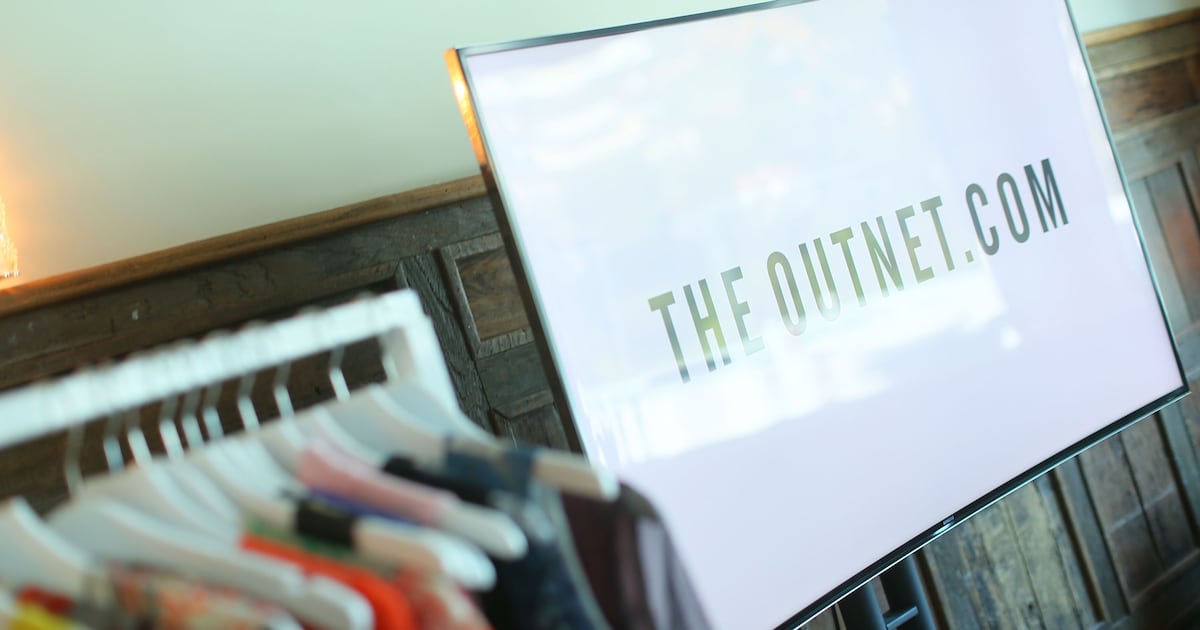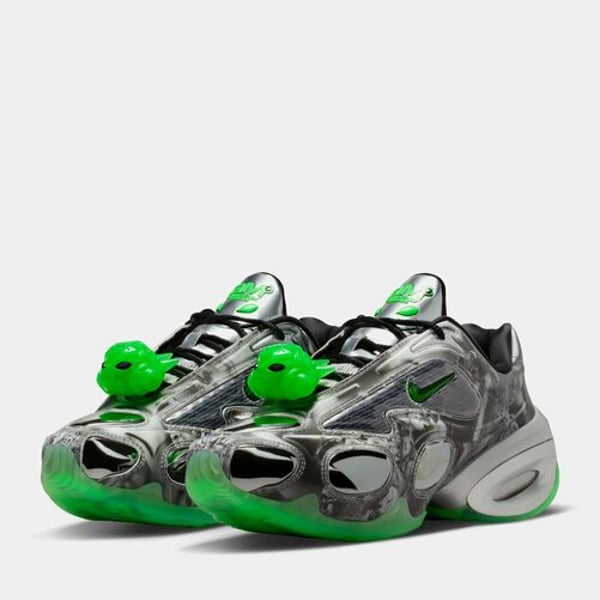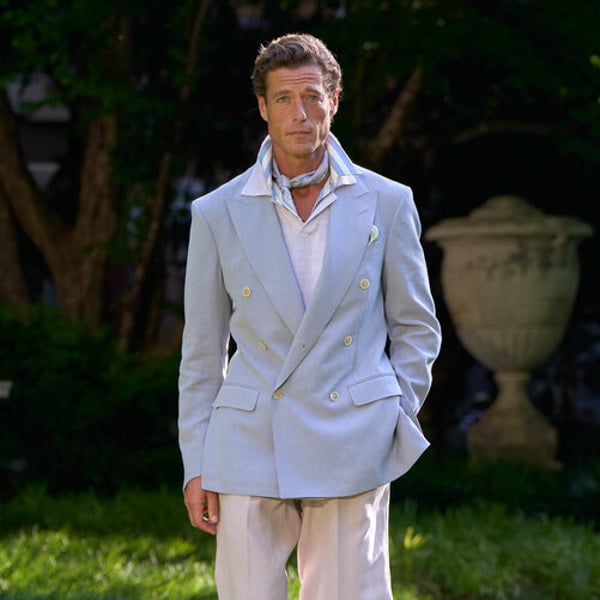Prestige skincare brands are walking a narrow tightrope.
To justify their higher price points, customers expect proven, expert-approved products, factors which lend themselves to distribution in med-spas, aesthetics clinics and doctors’ offices. “[Clients] are more interested in professional lines, because there they actually see a tangible difference to their skin,” said Madalaina Conti, a New York-based facialist who stocks professional lines like acne-focussed Face Reality and anti-ageing Environ in her clinic. Medical grade skincare is a big market — according to Boston Consulting Group, physician- and professional-dispensed skincare is a $2.4 billion industry in the US alone.
It’s hard to ratchet up growth without being present in top retailers like Sephora, Mecca and Space NK, which also function as marketing engines. But as these retailers double down on “play” as a concept, adding in Candyland-style displays and youth-focussed brands, they’re being seen less as destinations for premium skincare brands needing to educate shoppers.
In recent years, to increase their customer bases, professional lines that were once only found in doctor’s offices and aesthetics clinics have gone wider, while labels looking to bolster their credibility have moved in-clinic. South African skincare brand Environ was distributed solely in professional channels for 30 years, but launched in a select number of Space NK stores in April, while high-end Sephora brand Allies of Skin launched in a select number of doctors’ offices this year. British premium skincare line Medik8 was acquired by L’Oréal in June for a reported $1 billion with a view to expand its global distribution, while other brands like Skinceuticals (also in the L’Oréal portfolio) and IS Clinical continue to find traction in both the professional channel and retailers like Sephora and Violet Grey.
“Being in a doctor’s office has this secret sauce that gives [the brand] another credible layer of advocacy,” said Karen Raghaven, chief executive of Allies of Skin.
New retailers have emerged hoping to create expert-approved skincare marketplaces, like Dermstore or the new Aire Health, co-founded by dermatologists, but it’s hard to stand out on a digital shelf.
It’s also hard to win over customers. Elizabeth Grace Hand, a facialist based in downtown New York, recalled a previous job working as a salesperson for the luxury line Dr. Barbara Sturm. “It was so hard to sell , because people would know I was the sales rep and think I was biased,” she said.
In her SoHo clinic, Stallë Studios, Hand sells brands like Augustinus Bader and Bioeffect, and product sales now comprise around 25 percent of her business. “People really trust our recommendations,” she said.
The Power of the Skincare Pro
Demand for professionally accredited skincare has never been higher. Consumers have steadily increased their uptake of minimally invasive cosmetic procedures (known as “tweakments”), and in the process have become more discerning about ingredients and skincare regimens. “We talk about [skincare] at almost every visit,” said Dr. Ranella Hirsch, a Boston-based dermatologist, saying clients would routinely come with dozens of questions about products they’ve seen online.
The overlap between the aesthetics industry and beauty is visible in the product pipelines of brands of both indie and conglomerate-owned brands like Educated Mess and Murad which have launched products to mimic in-office procedures or complement their effects. Raghaven said products that work in step with aesthetic procedures are also growing in popularity, as customers look to solve for sagging skin caused by GLP-1-induced weight loss or redness caused by rejuvenating laser treatments.
At the same time, affordable brands like The Ordinary and Cerave have proven that their formulas can compete on efficacy, and removed much of the marketing smoke and mirrors with their straight-talking advertising campaigns.
That puts prestige skincare makers in a tighter bind to prove their worth, and also carve out a suitable retail niche. “We’ve seen a real shift from who [customers] are going to base their skincare decisions on,” said Annette Rubin, chief executive at professional skincare line Hydropeptide, which sells with authorised providers as well as online outlets like Dermstore. “It’s a rise in power for the skincare professional.”
Professional endorsements are necessary to solidify a brand’s authority and introduce it to some of its most loyal customers. But if brands focus solely on relationship-building with dermatologists and aestheticians, they can miss out on building a brand that resonates with consumers, too. The prestige skincare brands that enjoy the most success offer both clinical efficacy, and make customers feel they can connect with them on a brand level, too.
Choosing the Channel
Picking the path of pro distribution does not necessarily preclude an entry into specialty retail, yet managing both can be a tall order. Professional channels like dermatologists’ offices require a lot of hand-to-hand combat: Doctors and aestheticians are discerning customers, and must be truly convinced of a brand’s value proposition to agree to stock it. That process can involve costly education, sampling, and relationship management.
Meanwhile, big retailers like Sephora need heavy investment to ensure brands get visibility in-store. For California-based IS Clinical, adding selective retail distribution was calibrated on the unique benefits of each retailer. Launching into the spa at Barneys New York, the now-defunct upscale department store, didn’t meaningfully increase sales, but did improve brand awareness and image, said co-founder Bryan Johns. A more recent partnership with Violet Grey, another upmarket retailer known for its tightly edited selection of products, “was very helpful for getting [the brand] to celebrities and influencers,” said Johns.
At Environ, launching into retail also has marketing benefits, which is why the brand launched an edited selection of products in Space NK. “We knew that it would do very well to raise brand awareness,” said Tracy Tamaris, co-founder of International Institute for Active Ageing, Environ’s UK distributor.
A successful retail presence needs to be underscored by education, said Allies of Skin’s Raghaven, adding that the brand has invested heavily in staff training to ensure sales advisors can guide customers to the right products. Still, she said it’s challenging, and that even if a brand has strong distribution in top aesthetic clinics and buzzy retailers, the education and advocacy also needs to be consistent on social media, too, which is why the brand was also “doubling down” on influencers.
“It can’t be like ‘oh, this sales rep told me it was one of the best brands,’” said Raghaven. “It’s also that a dermatologist is recommending it to them.”
Sign up to The Business of Beauty newsletter, your complimentary, must-read source for the day’s most important beauty and wellness news and analysis.


